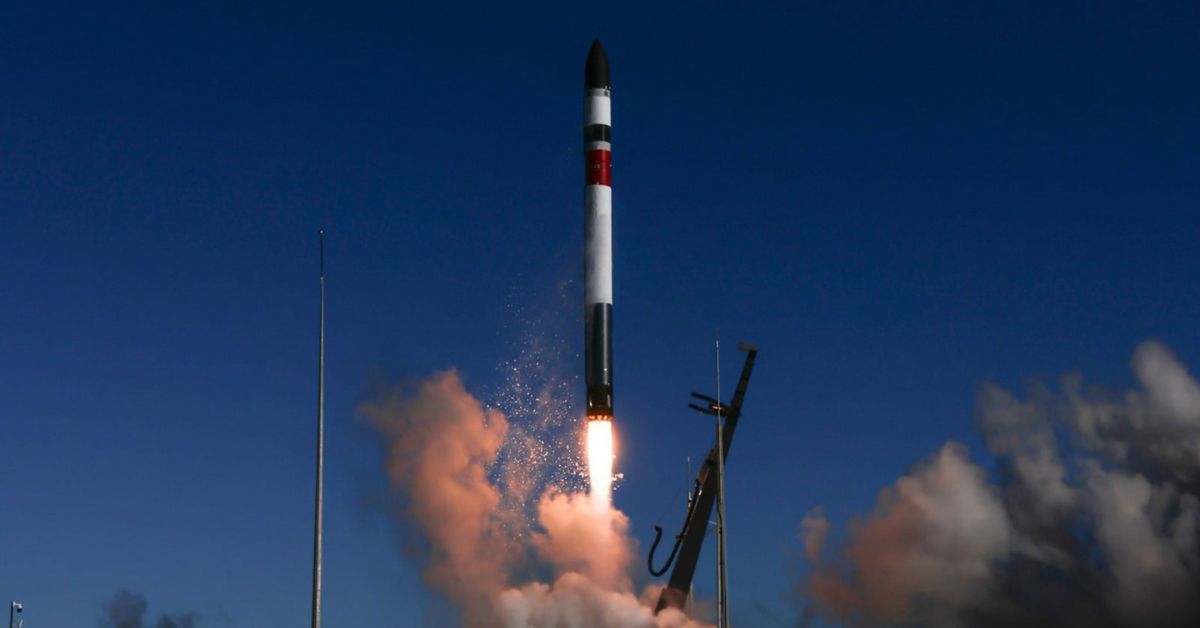Marvell Technology (NASDAQ: MRVL) shares surged on Wednesday, posting a remarkable single-day gain as investors reacted to a wave of positive analyst sentiment and growing excitement around the company’s prospects in the artificial intelligence sector.
The semiconductor firm saw its stock climb over 9% in early trading on June 18, 2025, fueled by an upgraded price target and promising developments in its custom chip business. This rally places Marvell in the spotlight, highlighting its strengthening position in the high-demand data center and AI markets.
The stock’s performance was a textbook “gap and go,” closing the previous day at $69.99 and opening Wednesday’s session at $74.53. Buying pressure continued after the opening bell, pushing the stock to an intraday high of $77.30.
As of mid-morning, the stock was trading around $76.32, representing a substantial gain of 9.04% and signaling strong bullish momentum. This explosive move came on the heels of several days of steady gains for the company.
A key catalyst for the rally was an optimistic note from B. Riley Securities, which raised its price target on Marvell from $110 to $115 and maintained a “Buy” rating on the stock. The new target suggests a significant potential upside from its current trading price.
This follows positive outlooks from other firms, including Bank of America and Morgan Stanley, contributing to a “Moderate Buy” consensus rating from Wall Street analysts. The average price target among analysts now sits around $95, reflecting broad confidence in the company’s growth trajectory.
Underpinning this optimism is Marvell’s expanding role in the application-specific integrated circuit (ASIC) market, which is crucial for AI and cloud computing.
The company’s data center division has become its primary growth engine, driven by demand for its custom AI silicon. Marvell is engaged in major ASIC projects with cloud giants, including an inferential chip for Amazon set for mass production in 2025 and a partnership with Microsoft. Analysts project Marvell’s AI-related revenue could reach approximately $5 billion by 2025, cementing its status as a key player in the AI hardware boom.




